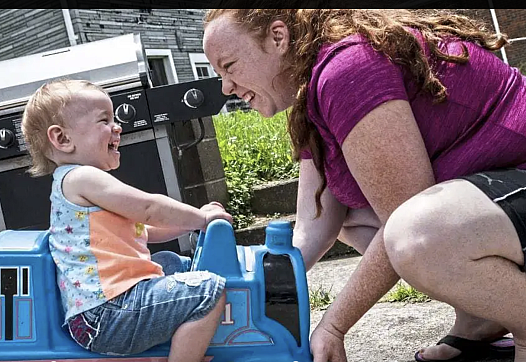The Courier Journal's continued coverage of food insecurity in Louisville is supported by the University of Southern California Center for Health Journalism's 2018 National Fellowship....
Children & Families
The average 30-day stay at a California rehab costs families $40,000. It’s expensive and often highly risky. We’ve learned hundreds of patients are dying in detox.

There’s more information known about every man, woman and child in the U.S. than ever before, in digital form. Why not use that data to protect the youngest, most vulnerable members of society?
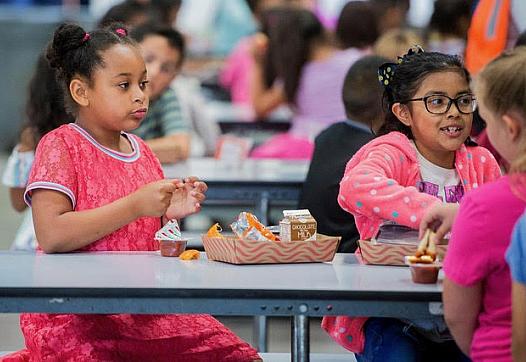
A story of why it pays to keep analyzing the data, even if it isn’t cooperative at first.

The suicide rate for boys ages 15 to 19 jumped dramatically in 2017, reaching its highest point in a generation.

We are investigating air quality on the Nipomo Mesa to learn about how bad air days affect local families and their health — and we want to hear your story.
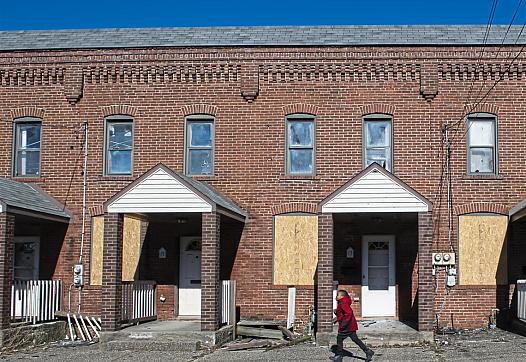
The share of children in Pennsylvania living in high-poverty neighborhoods has been steadily growing, according to new data released Monday by The Annie E. Casey Foundation as part of its annual “Kids Count” state-by-state review.
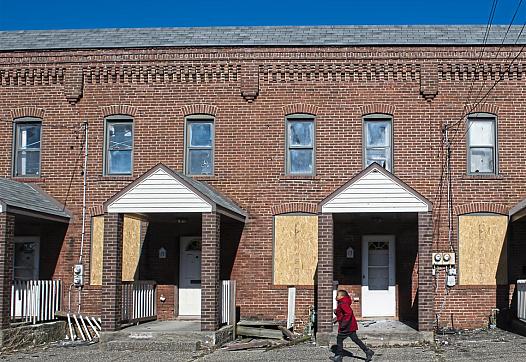
The share of children in Pennsylvania living in high-poverty neighborhoods has been steadily growing, according to new data released Monday by The Annie E. Casey Foundation as part of its annual “Kids Count” state-by-state review.
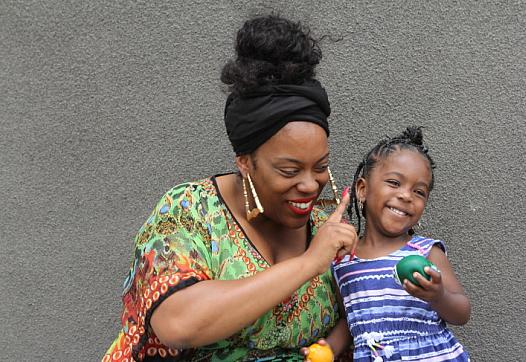
Black babies in the U.S. are twice as likely to die as white babies in their first year. When I heard this decades-old statistic for the first time, it me like a slap to the face.

